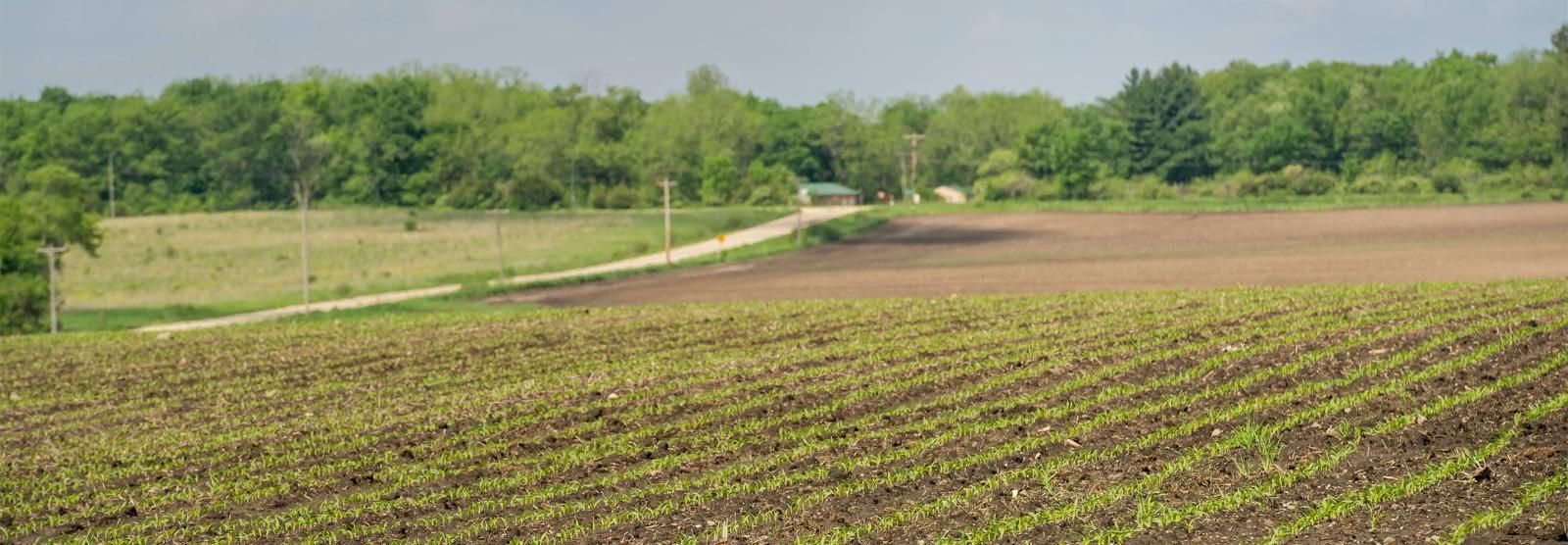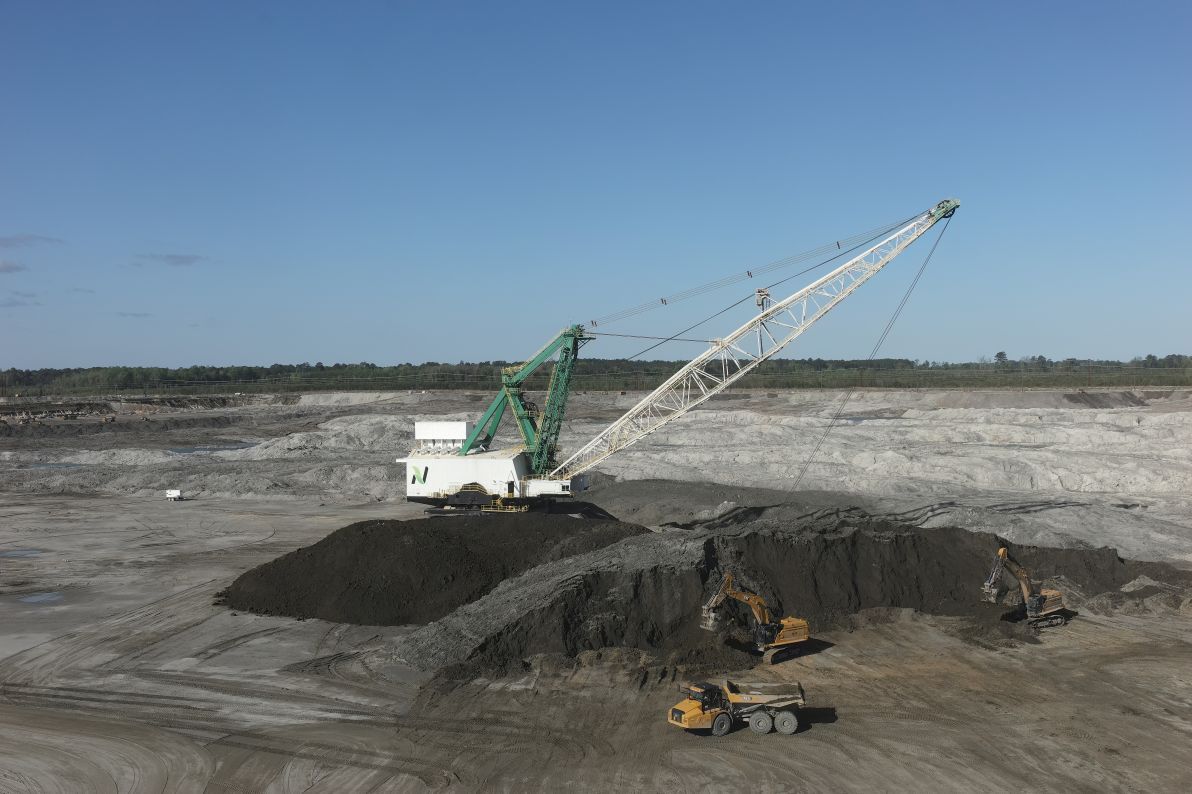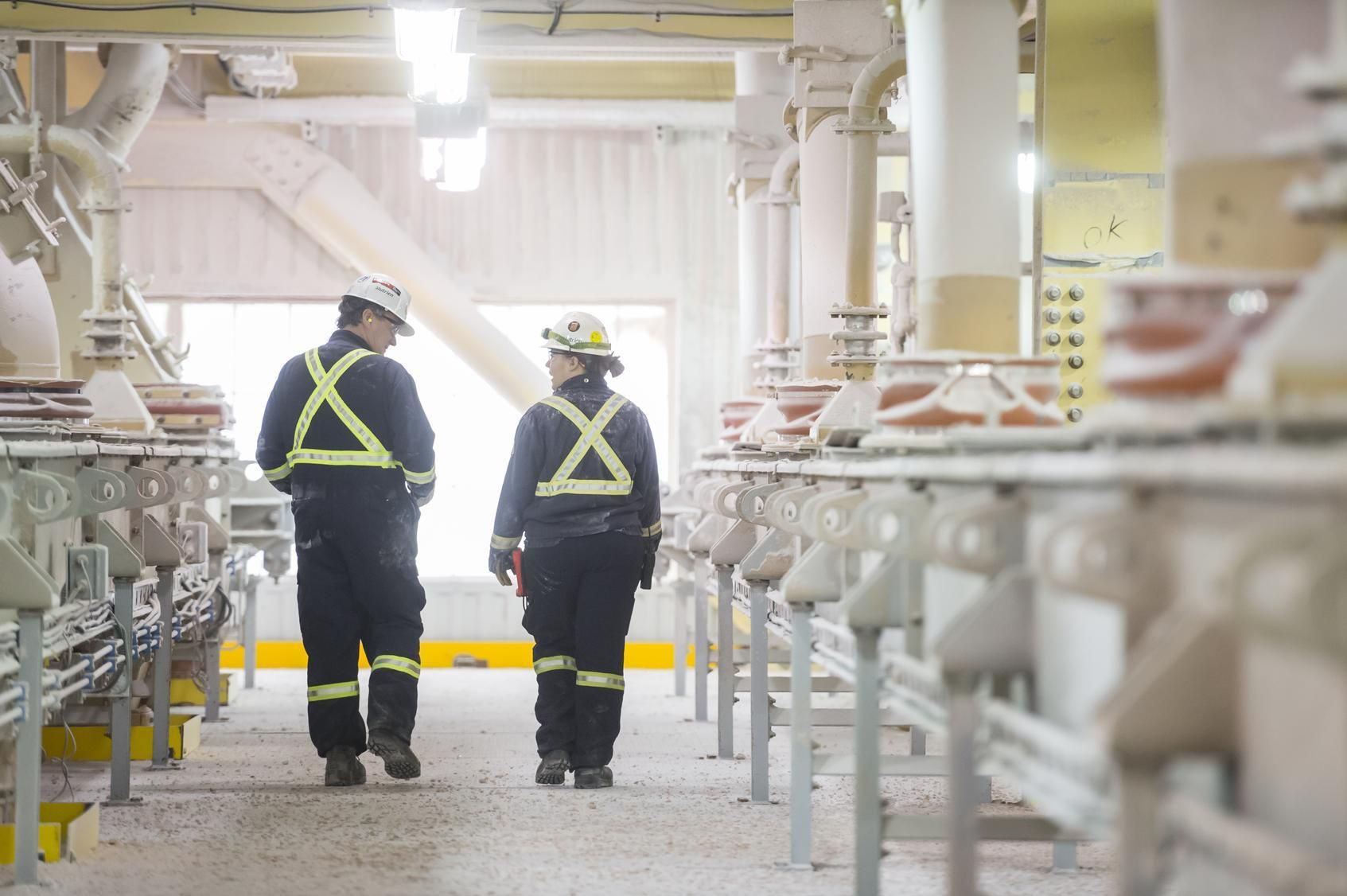
Nutrien supports global research to combat crop potassium deficiency
Potassium is an essential nutrient for plants, but in recent years, increased potassium deficiency has been observed in soils and crops across the globe.
As a result, the University of Nebraska-Lincoln and the International Fertilizer Association (IFA) kicked off a two-year project to help better understand and address these potassium-related crop challenges. It was a natural fit for Nutrien to get involved alongside other IFA members. As the largest potash producer in the world, Nutrien is supporting this research with a two-year funding commitment, and we’ve been a member of IFA since 1977.
“There isn’t a good handle on the global extent of potassium deficiency in crops and soils, so we’re excited to be part of this research to help gather data and knowledge,” says Dr. Karl Wyant, Nutrien’s Director of Agronomy. “One goal is to identify where we can drive improved crop yields and sustainable intensification of current arable land with potassium fertilizer applications.”
The 411 on potassium
Crops need potassium for photosynthesis, sugar and carbohydrate production, and it’s also responsible for resisting disease, drought and lodging. Additionally, potassium improves winter hardiness and water-use efficiency, and is critical for the quality and size of seeds and fruits.
While we know that potassium deficiency in soils is increasing because more potassium is being removed from harvested products including corn, canola, soybeans and almonds, there’s also a lack of knowledge about the extent and severity of the deficiency.
“We need to better understand the global extent of agriculture soils that are naturally low in potassium or have become deficient over time,” says Karl. “Without sufficient data, we can’t address the issues that many countries are facing.”
For example, supply and pricing can limit potassium applications, especially when nitrogen and phosphate fertilizers are competing for the same input dollars. Some growers also have a difficult time securing ample potash supplies, while others don’t have access to soil testing and university extension trials that demonstrate the need for potash in a crop nutrient program.
“This research project will provide data-driven recommendations to help combat these challenges,” says Karl. “This is important work that will help increase crop yields on a global scale, particularly in underserved regions, which aligns with our purpose of Feeding the Future.”
To learn more about potassium, check out this fact sheet.
Related stories


